linguistics (Page 12)
That’s the familiar Studio Ghibli anime legend on the cover, but with a very unfamiliar name.
Marvel Cinematic Universe joins the long tradition of Hollywood productions flubbing the details when setting scenes in Japan.
Other books leave out key phrases like “Isn’t the president of your company a Reptilian?”, but not this one!
These adorable clips and characters will help you memorise kanji symbols and make you smile at the same time.
Japanese citizens feel the symbolism-rich coin, which lacks something, can make travel in Japan difficult for foreign guests.
The history of the first kanji that makes many learners of Japanese want to pull their hair out, and why their initial guess isn’t entirely wrong.
What happens when you put the kanji for “skin” and “meat” together? Uh, not what you think.
When asked to look back on his week, this kid got full marks for cool bravado, but probably only partial credit for the assignment.
The cast of hit anime Puella Magi Madoka Magica take a break from saving the world to help teens learn English by learning about France.





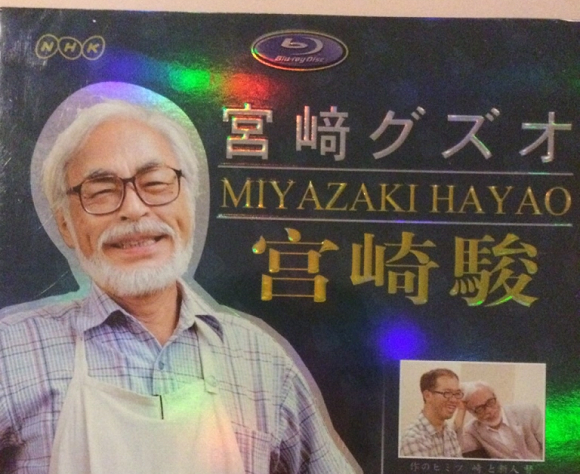



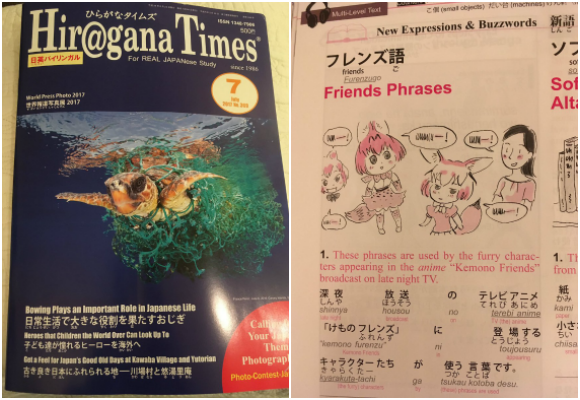

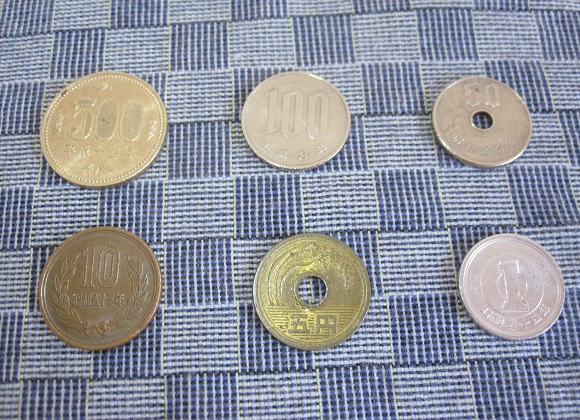
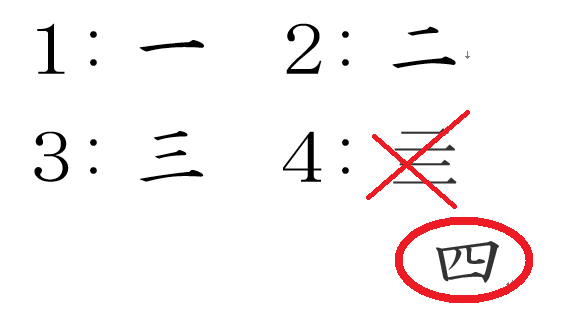

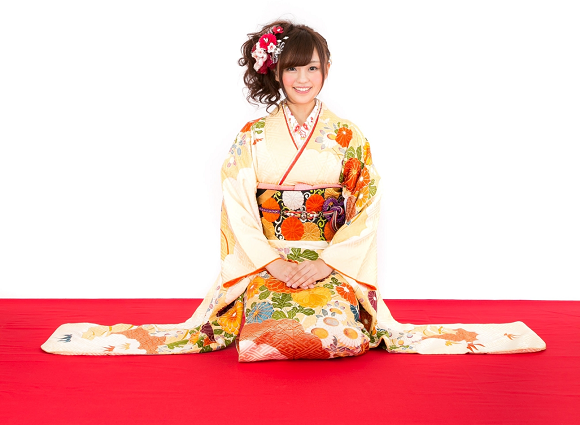
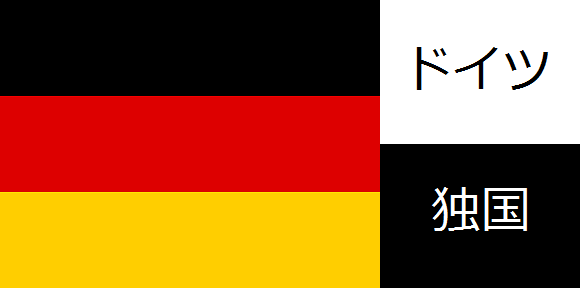

 Highest Starbucks in Japan set to open this spring in the Tokyo sky
Highest Starbucks in Japan set to open this spring in the Tokyo sky Adorable Totoro acorn key holders come with a special guest hidden inside[Photos]
Adorable Totoro acorn key holders come with a special guest hidden inside[Photos] 7 great places to see Mt. Fuji from without having to climb it
7 great places to see Mt. Fuji from without having to climb it Tokyo day-trip hot springs: Beautiful Mt. Fuji-view bath is just one highway bus stop from Shibuya
Tokyo day-trip hot springs: Beautiful Mt. Fuji-view bath is just one highway bus stop from Shibuya Tokyo Station’s perfect breakfast spot might just be this izakaya Japanese-style pub
Tokyo Station’s perfect breakfast spot might just be this izakaya Japanese-style pub Kagoshima conveyor belt sushi chain Mekkemon rises above the rest with its special secret weapon
Kagoshima conveyor belt sushi chain Mekkemon rises above the rest with its special secret weapon Number of foreigners working in Japan hits all-time high, 25 percent come from same country
Number of foreigners working in Japan hits all-time high, 25 percent come from same country A visit to the oldest Yoshinoya chain in Japan for one last beef bowl before it closes for good
A visit to the oldest Yoshinoya chain in Japan for one last beef bowl before it closes for good Japan’s biggest manga magazine is raising its minimum payment rate for creators
Japan’s biggest manga magazine is raising its minimum payment rate for creators Japan’s oldest Yoshinoya branch reopens in a new location: Tokyo’s brand-new Toyosu fish market
Japan’s oldest Yoshinoya branch reopens in a new location: Tokyo’s brand-new Toyosu fish market The 10 most annoying things foreign tourists do on Japanese trains, according to locals
The 10 most annoying things foreign tourists do on Japanese trains, according to locals Starbucks Japan releases new sakura goods and drinkware for cherry blossom season 2026
Starbucks Japan releases new sakura goods and drinkware for cherry blossom season 2026 Naruto and Converse team up for new line of shinobi sneakers[Photos]
Naruto and Converse team up for new line of shinobi sneakers[Photos] Is Sapporio’s Snow Festival awesome enough to be worth visiting even if you hate the snow? [Pics]
Is Sapporio’s Snow Festival awesome enough to be worth visiting even if you hate the snow? [Pics] Japan has trams that say “sorry” while they ride around town…but why?
Japan has trams that say “sorry” while they ride around town…but why? Tokyo Skytree turns pink for the cherry blossom season
Tokyo Skytree turns pink for the cherry blossom season Sakura Totoro is here to get spring started early with adorable pouches and plushies
Sakura Totoro is here to get spring started early with adorable pouches and plushies Poop is in full bloom at the Unko Museums for cherry blossom season
Poop is in full bloom at the Unko Museums for cherry blossom season Shibuya Station’s Hachiko Gate and Yamanote Line stairway locations change next month
Shibuya Station’s Hachiko Gate and Yamanote Line stairway locations change next month Japan’s new “Cunte” contact lenses aren’t pronounced like you’re probably thinking they are
Japan’s new “Cunte” contact lenses aren’t pronounced like you’re probably thinking they are Japan’s newest Shinkansen has no seats…or passengers [Video]
Japan’s newest Shinkansen has no seats…or passengers [Video] Foreigners accounting for over 80 percent of off-course skiers needing rescue in Japan’s Hokkaido
Foreigners accounting for over 80 percent of off-course skiers needing rescue in Japan’s Hokkaido Super-salty pizza sends six kids to the hospital in Japan, linguistics blamed
Super-salty pizza sends six kids to the hospital in Japan, linguistics blamed Starbucks Japan unveils new sakura Frappuccino for cherry blossom season 2026
Starbucks Japan unveils new sakura Frappuccino for cherry blossom season 2026 Foreign tourists in Japan will get free Shinkansen tickets to promote regional tourism
Foreign tourists in Japan will get free Shinkansen tickets to promote regional tourism Take a trip to Japan’s Dododo Land, the most irritating place on Earth
Take a trip to Japan’s Dododo Land, the most irritating place on Earth Is China’s don’t-go-to-Japan warning affecting the lines at a popular Tokyo gyukatsu restaurant?
Is China’s don’t-go-to-Japan warning affecting the lines at a popular Tokyo gyukatsu restaurant? Survey asks foreign tourists what bothered them in Japan, more than half gave same answer
Survey asks foreign tourists what bothered them in Japan, more than half gave same answer Japan’s human washing machines will go on sale to general public, demos to be held in Tokyo
Japan’s human washing machines will go on sale to general public, demos to be held in Tokyo Starbucks Japan releases new drinkware and goods for Valentine’s Day
Starbucks Japan releases new drinkware and goods for Valentine’s Day We deeply regret going into this tunnel on our walk in the mountains of Japan
We deeply regret going into this tunnel on our walk in the mountains of Japan Studio Ghibli releases Kodama forest spirits from Princess Mononoke to light up your home
Studio Ghibli releases Kodama forest spirits from Princess Mononoke to light up your home Major Japanese hotel chain says reservations via overseas booking sites may not be valid
Major Japanese hotel chain says reservations via overseas booking sites may not be valid Put sesame oil in your coffee? Japanese maker says it’s the best way to start your day【Taste test】
Put sesame oil in your coffee? Japanese maker says it’s the best way to start your day【Taste test】 No more using real katana for tourism activities, Japan’s National Police Agency says
No more using real katana for tourism activities, Japan’s National Police Agency says Kagoshima conveyor belt sushi chain Mekkemon rises above the rest with its special secret weapon
Kagoshima conveyor belt sushi chain Mekkemon rises above the rest with its special secret weapon Number of foreigners working in Japan hits all-time high, 25 percent come from same country
Number of foreigners working in Japan hits all-time high, 25 percent come from same country A visit to the oldest Yoshinoya chain in Japan for one last beef bowl before it closes for good
A visit to the oldest Yoshinoya chain in Japan for one last beef bowl before it closes for good Japan’s biggest manga magazine is raising its minimum payment rate for creators
Japan’s biggest manga magazine is raising its minimum payment rate for creators Japan’s oldest Yoshinoya branch reopens in a new location: Tokyo’s brand-new Toyosu fish market
Japan’s oldest Yoshinoya branch reopens in a new location: Tokyo’s brand-new Toyosu fish market Swapping seats on Japan’s bullet trains is not allowed, Shinkansen operator says
Swapping seats on Japan’s bullet trains is not allowed, Shinkansen operator says Starbucks Reserve Roastery Tokyo unveils exclusive sakura cherry blossom drinkware range for 2020
Starbucks Reserve Roastery Tokyo unveils exclusive sakura cherry blossom drinkware range for 2020 Sakura Skytree photos take Tokyo’s breath away, give kick-start to cherry blossom season【Photos】
Sakura Skytree photos take Tokyo’s breath away, give kick-start to cherry blossom season【Photos】 Saitama is home to the best strawberries in Japan that you’ve probably never even heard of
Saitama is home to the best strawberries in Japan that you’ve probably never even heard of The 5 best Iwate foods and drinks to buy at the prefecture’s antenna shop in Tokyo
The 5 best Iwate foods and drinks to buy at the prefecture’s antenna shop in Tokyo Number of foreign students in Japan hits record high, one country accounts for over 35 percent
Number of foreign students in Japan hits record high, one country accounts for over 35 percent Man arrested for violating Japan’s anti-dueling law in downtown Tokyo
Man arrested for violating Japan’s anti-dueling law in downtown Tokyo Tokyo Skytree turns pink for the cherry blossom season
Tokyo Skytree turns pink for the cherry blossom season